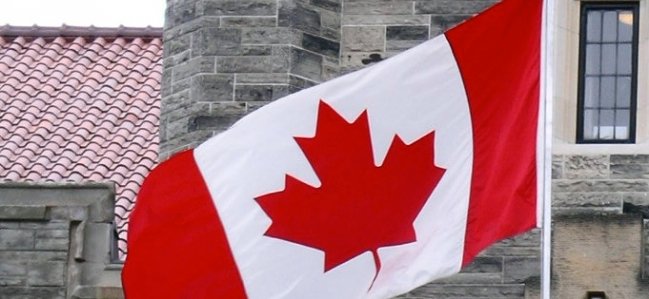3 Count: Canadian Surprise

Have any suggestions for the 3 Count? Let me know via Twitter @plagiarismtoday.
1: Illegal Downloaders Beware, You May Get a Shock in 2015
First off today, CTV News reports that, in Canada, the final part of the Copyright Modernization Act took effect on January 1st of this year and, with it, ISPs, VPNs and others that provide an IP address within the country will have to notify their customers when a copyright holder has noticed an infringement on the address.
The warning itself doesn’t have any legal ramifications nor does it lead to further action by the ISP. However, it does provide warning that the copyright holder may decide to sue and the ISP is required to keep the notification letter, which is sent via email, for six months should they decide to do so.
The relatively low copyright damages in Canada, capped at $5,000 for non-commercial infringement, may dissuade some copyright holders from taking the risk, but Canada has proved fairly open to mass copyright lawsuits, which could lower the litigation costs and increase the potential damages collected.
2: The MPAA Has a New Plan to Stop Copyright Violations at the Border
Next up today, Russell Brandom at The Verge reports that the International Trade Commission (ITC), a judicial agency that regulates imported goods, may soon be taking on new rights to control data and virtual goods as they enter the United States, a power the MPAA is said to be interested in.
The original case involves a company named ClearCorrect, a company that prints 3D printed braces perfect for patients teeth. Their process violates a number of U.S. patents but they got around the issue by offshoring the modeling to an office in Pakistan. However, rather than shipping the braces back, the Pakistani office transmits the digital version, which is then 3D printed in the U.S. If the products had been physical, the ITC would have been able to simply stop them at the border, but with virtual works the organization was powerless.
However, in April of last year, the ITC ruled that it has the authority to stop infringing (copyright and patent) data at the border. The MPAA is keen to use this power to block the importing of copyrighted files, just as it currently does with physical DVDs. The matter is currently on appeal to the Federal Circuit and may be appealed again to the Supreme Court, making it likely no final decision will be reached until next year.
3: Google Asked to Remove 345 Million “Pirate” Links in 2014
Finally today, Ernesto at Torrentfreak writes that, after compiling all of the weekly Google transparency reports regarding copyright notices sent to Google, they have calculated that Google received over 345 million requests to remove an infringing URL, nearly 1 million per day.
The most frequently targeted domains were 4shared, Rapidgator and Uploaded, all of which had more than 5 million URLs targeted. The most active group for filing was the British Phonographic Industry (BPI), which sent in over 60 million requests.
The number represents a marked increase overt 2013 and years prior. It also comes after an October search engine algorithm changed, which heavily demoted sites that reecho e a large number of copyright notices with Google.
Suggestions
That’s it for the three count today. We will be back tomorrow with three more copyright links. If you have a link that you want to suggest a link for the column or have any proposals to make it better. Feel free to leave a comment or send me an email. I hope to hear from you.
The 3 Count Logo was created by Justin Goff and is licensed under a Creative Commons Attribution License.
Want to Reuse or Republish this Content?
If you want to feature this article in your site, classroom or elsewhere, just let us know! We usually grant permission within 24 hours.
